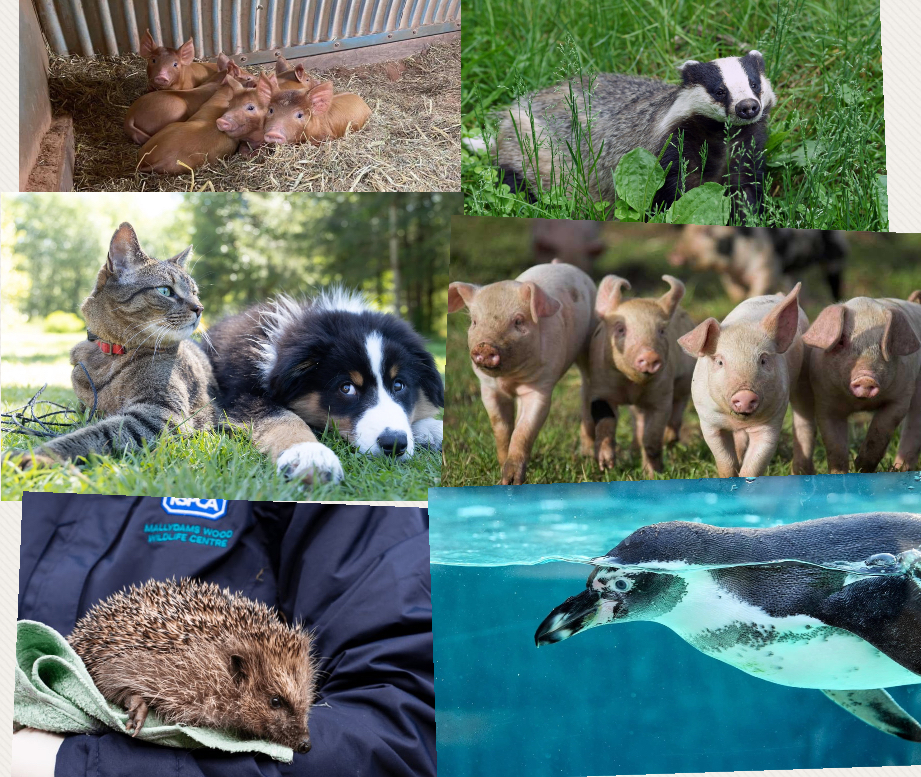Animal welfare, the well-being of non-human animals, is an essential consideration in modern society. It encompasses the ethical treatment of animals, ensuring their physical and mental well-being, and preventing unnecessary suffering. The significance of animal welfare extends beyond ethical obligations; it has profound implications for environmental sustainability, human health, and social morality.
At the heart of animal welfare lies the ethical principle that animals, as sentient beings capable of experiencing pain and pleasure, deserve to be treated with respect and compassion. This view is supported by numerous philosophical frameworks, including utilitarianism, which argues that the capacity to suffer grants an entity moral consideration. Animal rights theories also assert that animals have intrinsic value and should not be exploited merely as means to human ends. Ensuring the welfare of animals reflects a moral duty to acknowledge their capacity for suffering and to minimize it.
Animal welfare is crucial for the physical health of animals. Adequate food, water, shelter, and medical care are fundamental needs that must be met to prevent disease and suffering. Poor living conditions, such as overcrowding in factory farms or inadequate habitats in zoos, can lead to severe physical ailments. Ensuring proper veterinary care and suitable living environments promotes the longevity and quality of life of animals.
Beyond physical health, animal welfare encompasses the mental well-being of animals. Many animals exhibit complex behaviours and cognitive abilities, indicating their capacity for mental suffering and the need for psychological enrichment. For instance, social animals such as primates, elephants, and dogs require companionship and mental stimulation. Depriving them of these can lead to stress, anxiety, and depression. Environments that cater to the natural behaviors and needs of animals enhance their mental health and overall welfare.
Animal welfare also has significant implications for environmental sustainability and ecological balance. Humane farming practices, for example, often align with sustainable agriculture, reducing the environmental impact of livestock production. Healthy, well-cared-for animals are more likely to thrive in their ecosystems, maintaining biodiversity and ecological stability. Conversely, practices that harm animal welfare, such as poaching and habitat destruction, can lead to species extinction and ecological imbalance.
The welfare of animals is closely linked to human health and safety. Poor animal welfare can result in the spread of zoonotic diseases, which are transmitted from animals to humans. The COVID-19 pandemic, believed to have originated from wildlife, underscores the importance of maintaining healthy animal populations and preventing the conditions that foster disease transmission. Additionally, antibiotic resistance is exacerbated by the overuse of antibiotics in factory farming, posing a significant threat to human health.
Promoting animal welfare fosters a more compassionate and empathetic society. It encourages individuals to consider the impact of their actions on other living beings, promoting a culture of kindness and responsibility. Educational programs that teach children about animal welfare can instill values of empathy and respect for all forms of life, shaping future generations into more ethically aware and compassionate individuals.
Labour Party pledge
The next Labour government’s commitment to the cause of animal welfare has been formally recognised in the party’s 2024 general election manifesto, ‘Change’. The document outlines key policies that Labour will fulfill, after 14 years of Tory broken promises on animal welfare issues.
Under the section titled ‘Stronger animal welfare’, the manifesto states:
Labour will improve animal welfare. We will ban trail hunting and the import of hunting trophies. We will end puppy smuggling and farming, along with the use of snare traps. And we will partner with scientists, industry, and civil society as we work towards the phasing out of animal testing.
Elsewhere, ending the badger cull is addressed:
We will work with farmers and scientists on measures to eradicate Bovine TB, protecting livelihoods, so that we can end the ineffective badger cull.
There are further animal welfare policies not explicitly named in the manifesto but that also form part of the Labour package on animal welfare at this crucial election, such as the pledge to ban cruel foie gras products.
Legislation to improve the lives of animals has formed a vital part of the legacies of past Labour governments. LAWS looks forward to working with the new Labour team at DEFRA if Labour takes power on July 4.
This is just the tip of the iceberg. Animals are equal to humans, but until the population worldwide wakes up to this, we must make advances in smaller portions.
KEEP US ALIVE and join us in helping to bring reality and decency back by SUBSCRIBING to our Youtube channel: https://www.youtube.com/channel/UCQ1Ll1ylCg8U19AhNl-NoTg AND SUPPORTING US where you can: Award Winning Independent Citizen Media Needs Your Help. PLEASE SUPPORT US FOR JUST £2 A MONTH https://dorseteye.com/donate/












